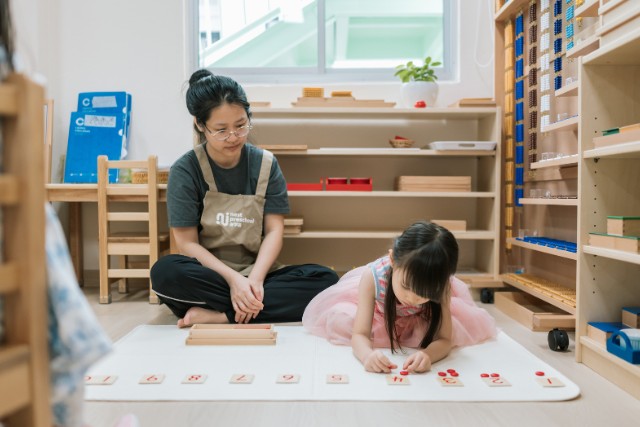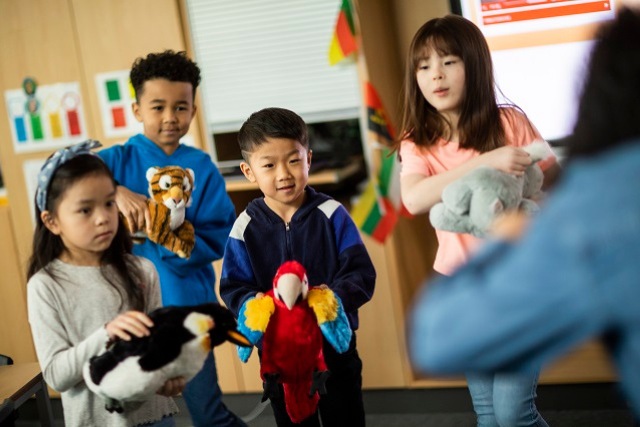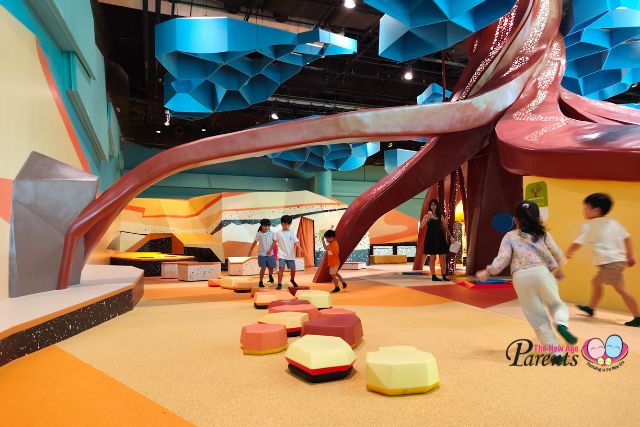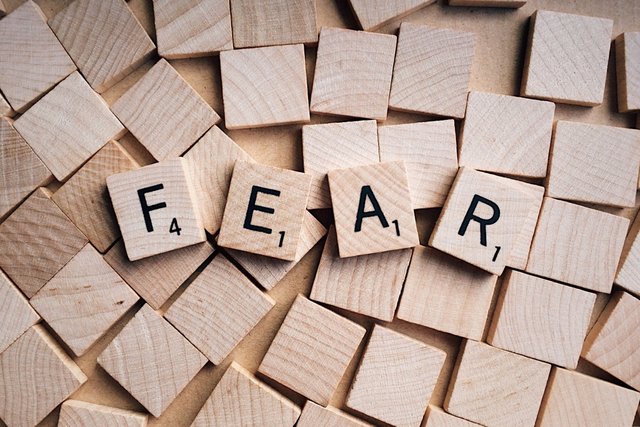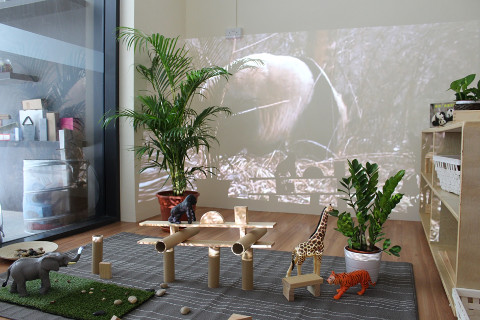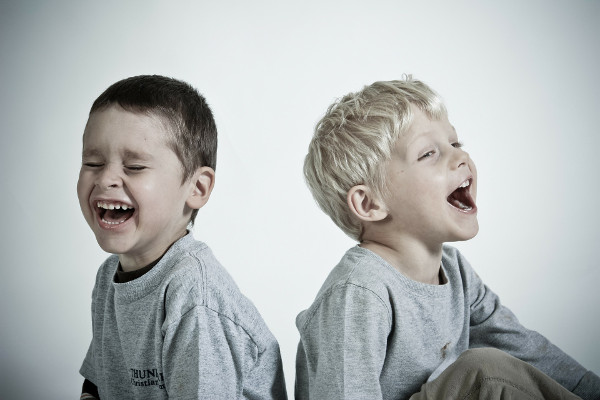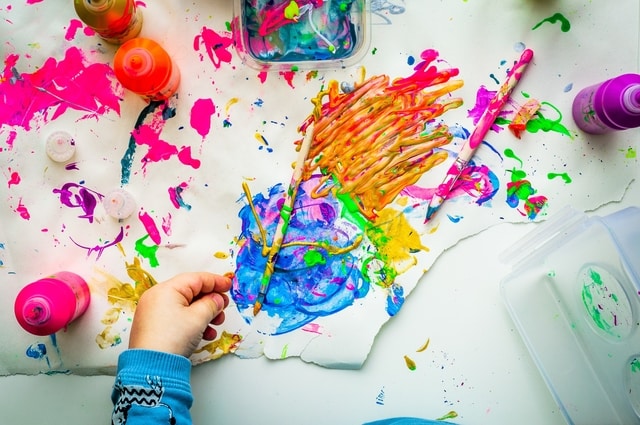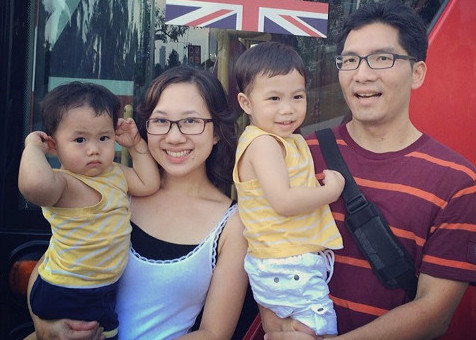“Whether you think you can or whether you think you can’t, you’re right.” – Henry Ford
This classic quote from Henry Ford comes to mind when I think about the power of self-belief. Our self-beliefs shape who we are, what we do or won’t do, how we feel about things, the type of goals we set for ourselves and how we set out to achieve our goals. According to Ford, our belief in ourselves is a determining factor in our success.
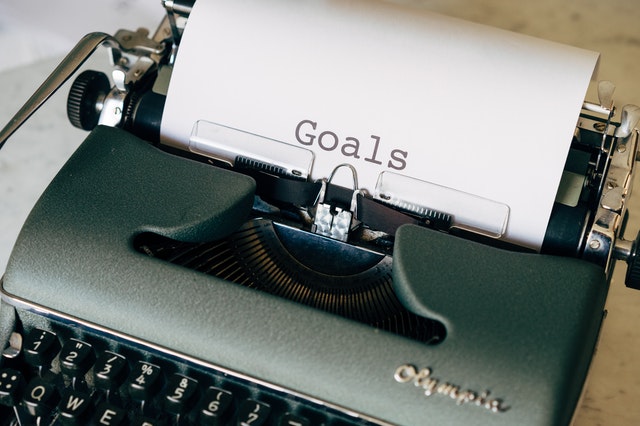
As a performance coach, a big part of my job is to have coaching conversations with professionals and managers about the challenges in their careers as well as in their personal life. Although my coaching focus is mainly on the now and the future of my clients, our conversations about their current problems inevitably lead to a discussion about past childhood experiences.
It is not uncommon that certain unhelpful beliefs that were formed in their early childhoods manifest into mental blocks holding them back as adults.
The Story of the Chained Elephant
Have you heard about the story of the chained elephant by psychologist Jorge Bucay? The story is about a little boy who asked the question “Why an enormously powerful circus elephant – one that displayed tremendous strength in its performance, would not use its strength to free itself from being chained to a stake, which was just a little piece of wood in the ground?”
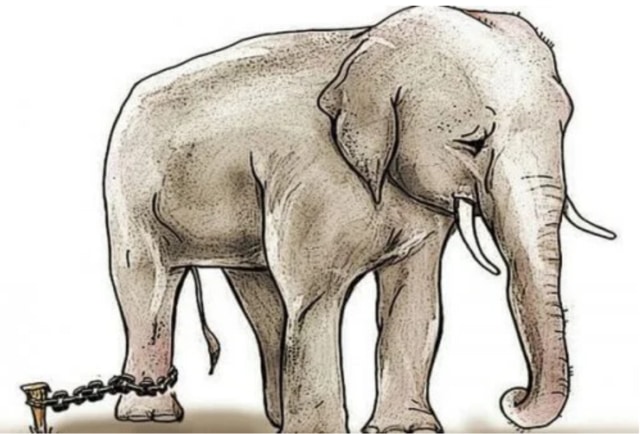 Image credit: Exploring Your Mind
Image credit: Exploring Your Mind
It wasn’t until years later that someone wise explained to him that the elephant did not even try to escape because it was fastened to a wooden stake from a very young age. You can imagine how the small baby elephant must have tried with all its strength to free itself, but despite all its efforts, the stake would prove to be stronger.
The notion that it is not strong enough to overcome the stake was then formed in the young elephant’s memory. Over time, the young elephant resigned to its fate that it cannot free itself from the stake.
Eventually, the small elephant grew into an enormous elephant, but it never questioned that memory. The powerful elephant was held back, not by the small piece of wood in the ground, but by its belief that it simply could not.
Like the elephant, many of us can go through life holding onto outdated beliefs about ourselves and limiting ourselves from achieving our true potential.
How can we transform limiting beliefs?
The good news is that beliefs are flexible in their early stages, but over time, as we keep collecting references and proof to support those initial ideas, they will grow stronger and more robust.
So while our children are still young, we have opportunities to help them transform unhelpful beliefs before they become too deeply ingrained and rooted in them. We can help them develop a belief system that supports rather than limit them.
Help your child identify their limiting beliefs
The very first step to helping your child transform a limiting belief is to identify what that limiting belief is. Interestingly, when you start paying closer attention to your child’s beliefs, you will also discover the potential beliefs that are behind some of their habits.
Take procrastination as an example, if you have a child who is constantly procrastinating or one who puts off dealing with anything that is hard, watch out for potential limiting beliefs such as:
• “I am just not good enough…”
• “I can’t live up to expectations…”
• “I can’t handle this…”
Therefore, resulting in:
• “I must never put myself out there because I will just be humiliated…”
• “I should not do anything that I already know I can’t do…”
• “I must never take a risk that is beyond what I can do because if I do, I will fail…”
Your child could have chosen to procrastinate instead of doing what they need to do as a result of one or more of these beliefs. And based on their limiting beliefs, they may have formed the rule to prioritise short-term pleasure over long-term pleasure.
Help them see that beliefs are not necessarily facts
Our beliefs are often conclusions that we have drawn based on our past experiences, they are based on how we interpreted the situations at the time, they are not facts. Help your child debunk their limiting belief by helping them see how the unhelpful belief they are holding onto is not a fact.
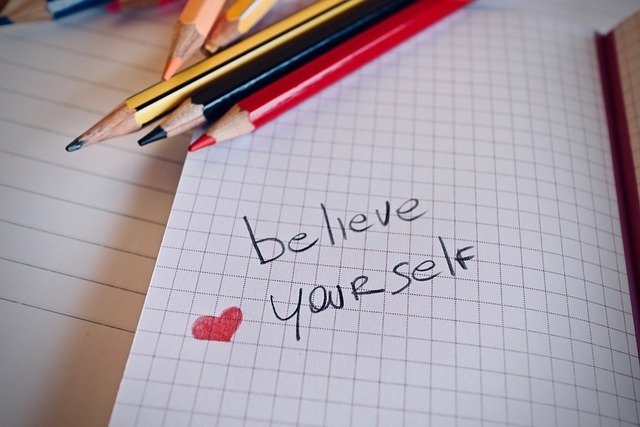
For example, if they have a belief that “they can’t live up to expectations”, point out to them all those times when they did and keep pointing them out every time they did live up to or even exceeded expectations.
Help your child reprogram their mind with empowering beliefs
Help your child make the connection that their growth is not fixed or confined to their natural abilities, that they can be good at anything they want when they put in the effort and practice.
Think about the type of future outcome you would hope for your child, the type of person you would like them to become, the values you would like them to uphold, then think about the beliefs that are consistent with these desired outcomes. Always find references and examples that support these new beliefs.
Some examples of empowering beliefs are:
- I can do this if I put in the effort to learn and practise.
- What I have to say is important.
- I am not afraid, only excited for what’s ahead.
- Mistakes help me learn.
- I am smart – when I practise, I am adding to my knowledge.
“What we can or cannot do, what we consider possible or impossible, is rarely a function of our true capability. It is more likely a function of our beliefs about who we are.” – Tony Robbins
Help our children identify with what they can do, not what they can’t do. Help them see who they really are, the truth about themselves, that they are respected, interesting, resourceful, that they can handle new things and master them too, that their opinions count, that they are important and have value.

When children are being guided to see that they are all these things, they feel and believe they are powerful.
When things are left to chance, end results are uncertain, but when we take a deliberate focus on creating empowering beliefs in our children when they are young, we ensure they grow from a foundation that supports rather than limits, knowing their beliefs of themselves are key to who they become and what their future will be.
This article is contributed by Anna LJ, Performance Coach and Founder of Strider Kids Coaching.
Anna believes that a future of more happy, empowered children will make a brighter and safer world for all of us. She has a mission to help children develop a success mindset, supportive beliefs, and positive attitude, empowering them to strive for a fulfilling and successful journey. Through her kids coaching programs, children learn to be confident, resilient and take responsibility for their learnings and growth.
* * * * *
Stay in touch! 📣 Subscribe to our Telegram here for our latest updates.
Want to be heard 👂 and seen 👀 by over 100,000 parents in Singapore? We can help! Leave your contact here and we’ll be in touch.













